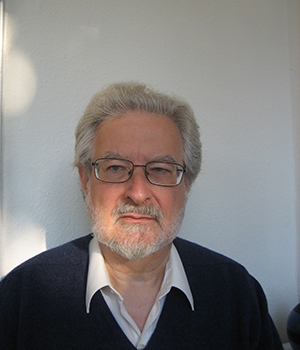Mogens Niss

Biography:
Mogens Niss was trained as a pure mathematician at the University of Copenhagen, where he stayed during the first years of his academic carreer. In 1972 he joined the founding staff of Röskilde University, where he still works. His research interests gradually turned towards mathematics education, especially concerning the justification problem in mathematics education, mathematical applications and modelling, mathematical competencies, assessment, and the nature and development of mathematics education as a research domain. Recently he has become preoccupied with mathematical learning difficulties with high school students. He has been deeply involved in international collaboration in mathematics education, especially as the Secretary General of ICMI (1991-1998), and as a member of the OECD-PISA mathematics expert group (1998-2012). He is currently a member of the Education Committee of the European Mathematical Society. In 2013 he was elected Inaugural Fell ow of the American Mathematical Society. He holds an honorary doctorate from the University of Umeå (Sweden).
Presentation Title:
Mathematics Standards and Curricula - Different Notions, Different Meanings, Different Roles in Different Parts of the World under the Influence of Digital Affordances
Presentation Description:
The point of departure for this talk is the fact that terms such as "curriculum", "guidelines", "standards" and "syllabus", which we use to outline what is desired and expected to happen to, with and in students with regard to mathematics teaching and learning, do actually have very different meanings in different parts of the world . At the same time - and perhaps more importantly - the underlying notions have very different roles in different countries. Thus, the place, nature and role of textbooks as well as of assessment and testing vary greatly across countries. Across the world all of this is becoming increasingly influenced by digital technologies. In the talk I shall attempt to outline some of these differences and challenges and discuss some of their consequences for approaches to mathematics education in selected different countries.
